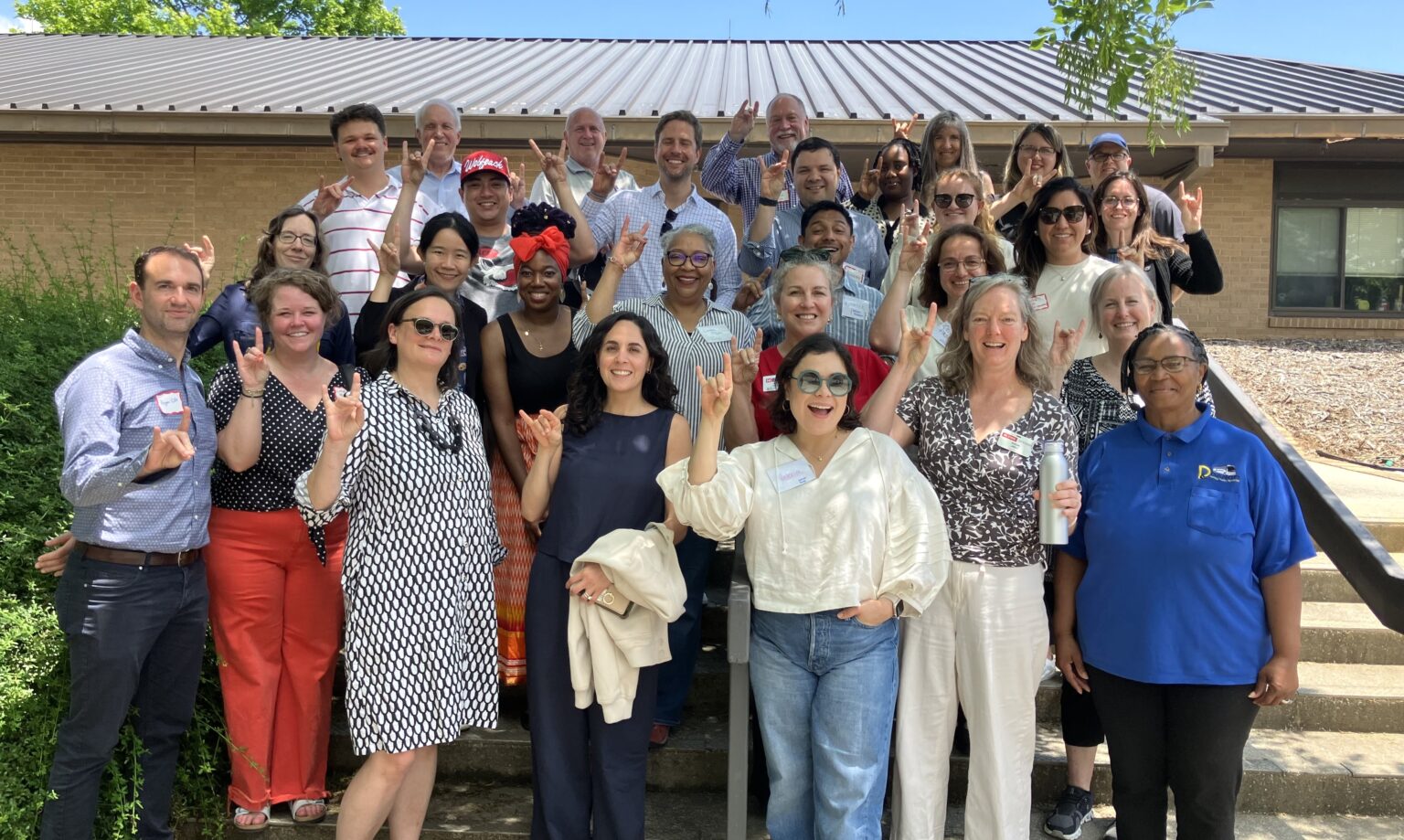‘Patents Gone Wild’ research paper earns awards for College of Management faculty
The paper, “Patents Gone Wild: An Empirical Examination and Policy Analysis of Tax-Related and Tax Strategy Patents,” was awarded the Holmes-Cardozo award for the best paper presented at the 2008 Academy of Legal Scholars in Business Conference in Long Beach, as well as the Distinguished Proceedings Award. It was co-authored with Wade M. Chumney, assistant professor of business law at Belmont University.
The paper summarizes the researchers’ study of the relatively new practice of awarding patents to business methods and tax strategies. “Some of these patents support claims to an invention that essentially is a computerized process of complying with the IRS code to qualify for favorable tax treatment on various transactions,” Baumer said.
“For example, this might entail patenting the thought processes one goes through when considering the conversion of a traditional IRA to a Roth IRA,” he said. “You can go through a set of mental processes, based on assumptions about the tax rate now and in the future. Now, there is a patent on a computerized process of analyzing pros and cons of such a decision.”
Needless to say, not everyone agrees that this is a good idea. Sawyers notes that “tax professionals are concerned that enforcement of these patents will limit their ability to serve as advocates for their clients and to recommend tax strategies that legally minimize their clients’ taxes. In at least one case, a taxpayer has been sued for using a patented estate planning technique.”
“Business practices have been patentable for about 10 years now as a result of a 1998 Supreme Court ruling,” Baumer said. “That case allowed the first business method patents, and then tax strategy patents began to pop up. There now are more than 70 of these, and this paper looks at some of the issues around this, asking whether these strategies should be patentable at all,” he said, adding, “They may not meet the ‘non-obvious and novel’ requirements spelled out in patent law. We regard this as an abuse of the patent system.”
The researchers offer a three-part solution to the debate:
- The patent application review process should be modified and patent examiners should be better trained in tax law in order to ensure that new patents meet the non-obvious and novel requirements of patent law
- The addition of a computer to a series of mental steps is obvious and should not warrant protection under the patent law
- Mental steps that amount to the normal development of intellectual skills by a professional should not qualify as patentable subject matter.
The Academy of Legal Scholars in Business Conference at which the paper was presented is the largest meeting of the year for business law professors, Baumer said. “It is the only professional international association of business law and legal environment instructors, drawing participants from throughout the United State, Canada and some from the United Kingdom.”
The paper has been conditionally accepted to the American Business Law Journal. A related paper titled “When Worlds Collide: Applying the Nonobviousness and Novelty Requirements of Patent Law to Tax Strategy Patents has been accepted for publication in the American Taxation Association’s Journal of Legal Tax Research.


